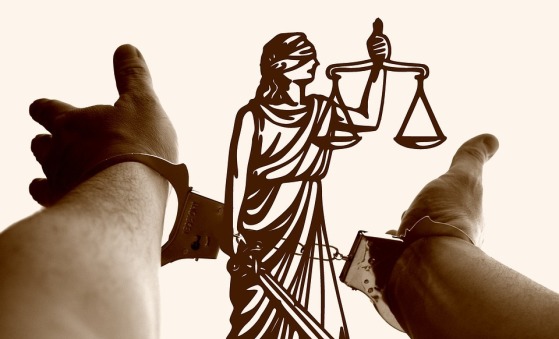
Last week, the government of Himachal Pradesh approved the anti-conversion bill that is more restrictive than the Freedom of Religion Act, which the state enacted in 2006.
The new law criminalizes forced religious conversion and imposes harsher penalties on individuals found guilty.
It states that no person shall convert or attempt to convert, either directly or otherwise, any other person from one religion to another by use of misrepresentation, force, undue influence, coercion, inducement or by fraudulent means. In addition, the bill said any marriage done for the sole purpose of religious conversion would be declared null and void.
Believers in India are often accused of converting poor Hindus to Christianity and Hindu nationalists use religious conversions to pass new bills that limit the freedom of religion of these minorities.
According to 2011 census data, Christians only made 2.3% of the country's population. There is no much difference in the number when compared to the 1951 census data, the first census after independence, where Christians made 2.3% of the overall population.
Sajan K George, president of the Global Council of Indian Christians (GCIC) explained that the previous 2006 law provided for a maximum of two years in prison for those who broke the rules. Now, the new law contains some terms that were absent in the past, such as coercion, misrepresentation, marriage, excessive influence.
In states like Arunachal Pradesh, Himachal Pradesh, Madhya Pradesh, Odisha, Gujarat, Chhattisgarh, Jharkhand and Uttarakhand where the anti-conversion law is enacted, minorities have suffered extensive abuse.
Radical nationalists justify assault and harassment by falsely accusing evangelists and Christian leaders of forcefully converting individuals to Christianity. Even the local police officials overlook the harassment because of the false accusation.
George shared that the anti-conversion laws are a tool to harass vulnerable Christians and discriminate against religious minorities. They can plant seeds of sectarian suspicion among communities that have lived together in a peaceful manner and can be used against the weakest in society, in particular Dalits, women and children.




